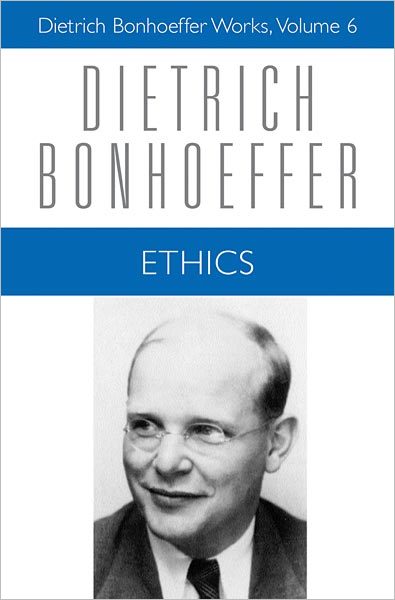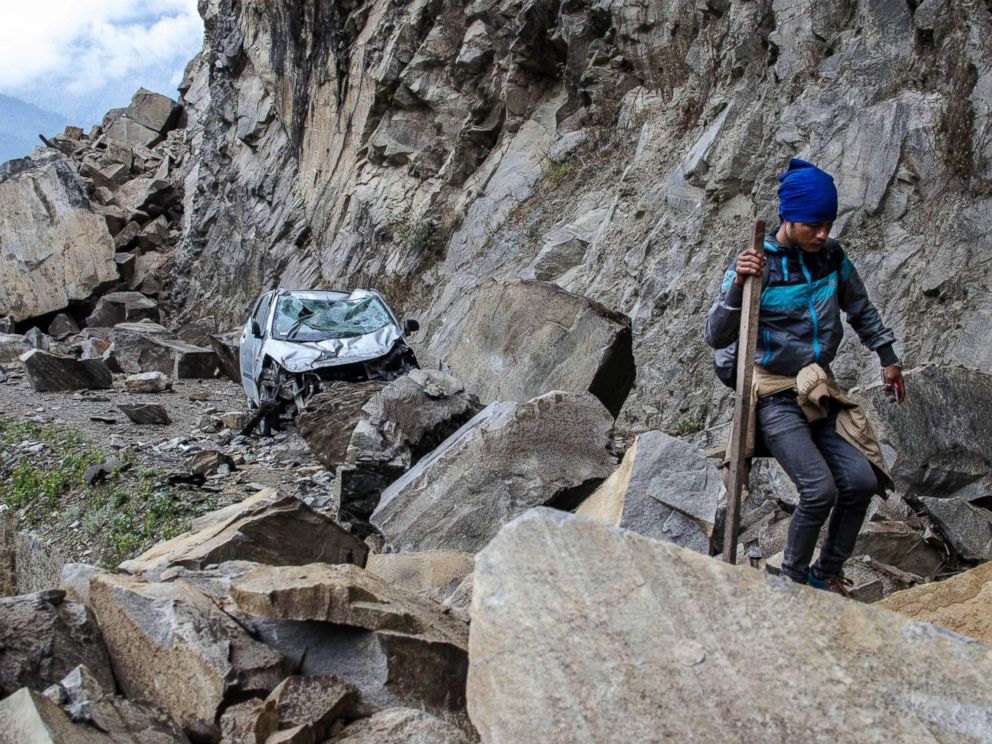 On church experience:
On church experience: 'For many disabled persons the church has been a “city on a hill”--physically inaccessible and socially inhospitable.'
On using the phrase 'persons with disabilities':
'This usage underscores the conviction that an individual's disability is just one of many personal characteristics, rather than being synonymous or coextensive with that person's self.'
On 'dealing with' disability:
'Ignoring disability means ignoring life... Another option … is to focus on the pain.... But [in either case] the telescoping of our lives into simplistic categories of good and bad, pain and pleasure, denies that the lives of people with disabilities, like all ordinary lives, are shot through with unexpected grace, overwhelming joy, and love returned.'
On 'accessibility':
'Accessibility then means the availability of the same choices accorded to able-bodied people. It also means opening the meaning “normal” to the ordinary lives of people with disabilities.'
And on that note, from Jürgen Moltmann, The Crucified God, page 314:
'Any therapy is directed towards health. But health is a norm which changes with history and is conditioned by society. If in today's society health means "the capability to work and the capability for enjoyment" … the Christian interpretation of the human situation must nevertheless also question the compulsive idolatry which the concepts of production and consumption introduce into this definition, and develop another form of humanity. Suffering in a superficial, activist, apathetic and therefore dehumanized society can be a sign of spiritual health.'



